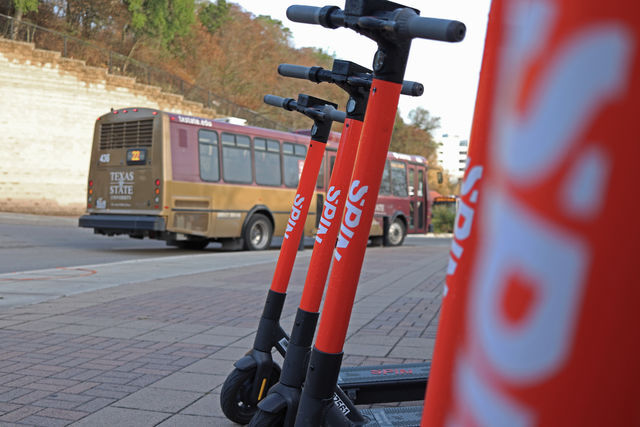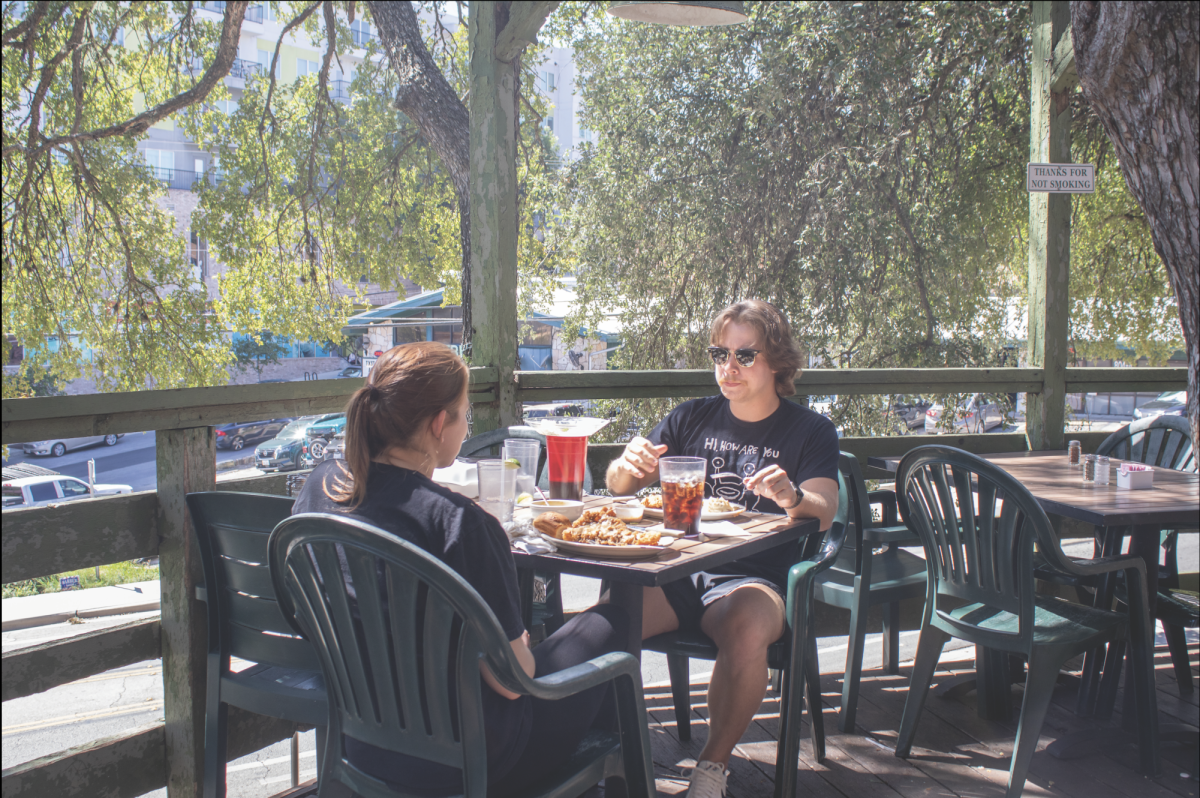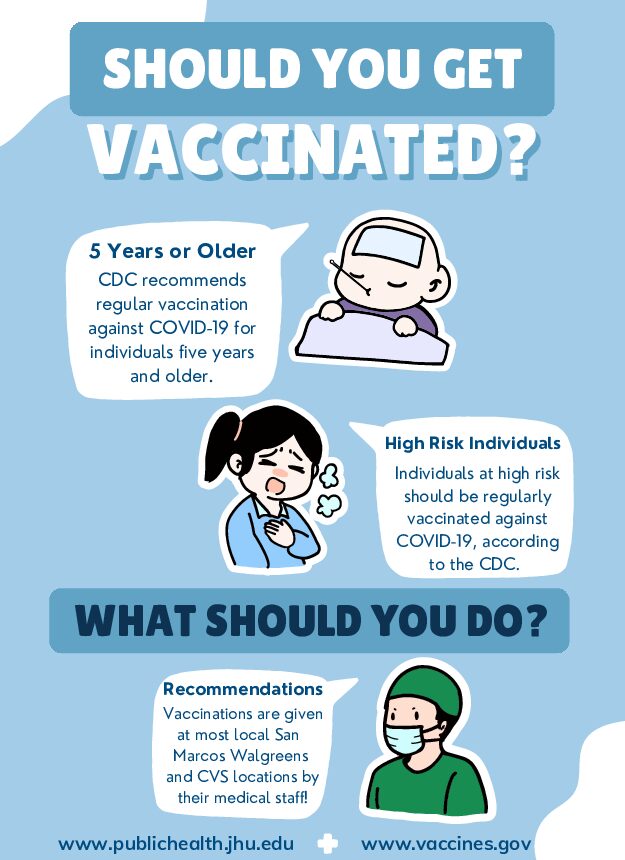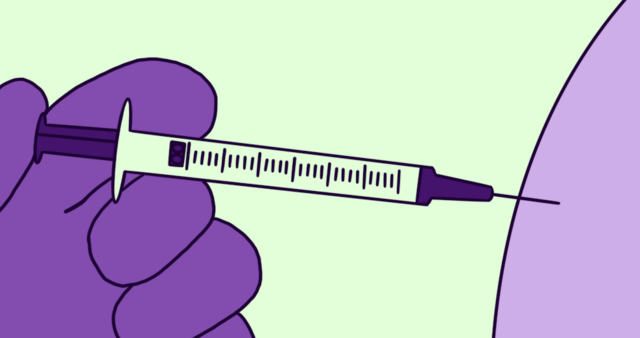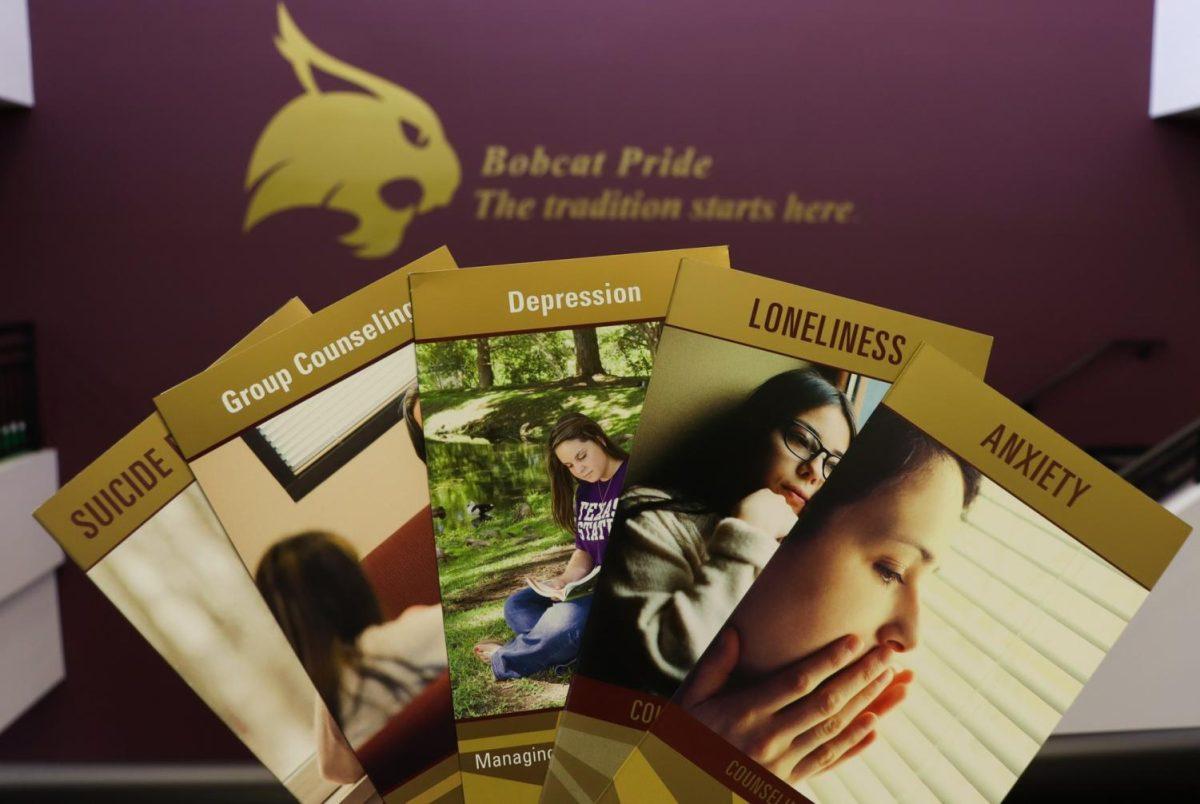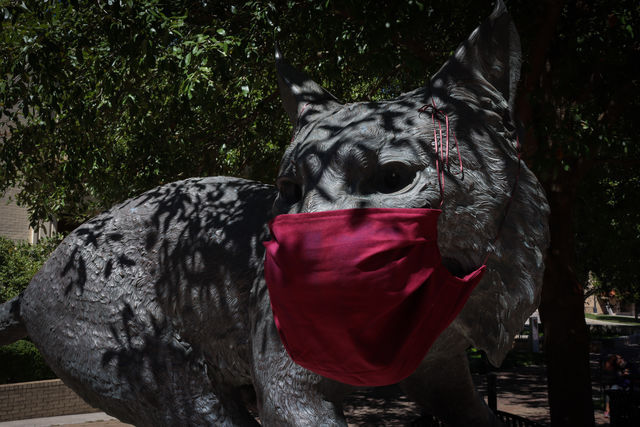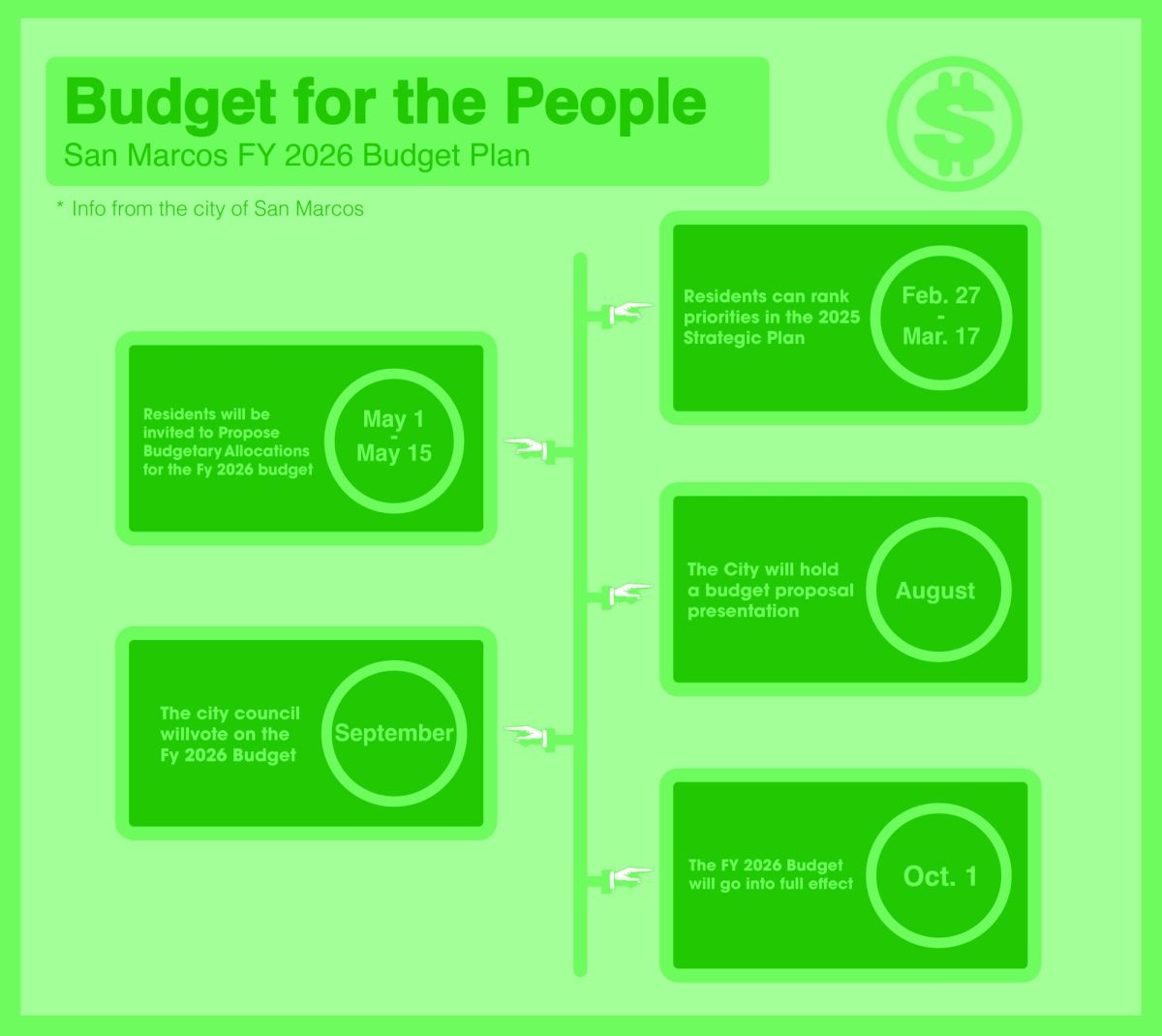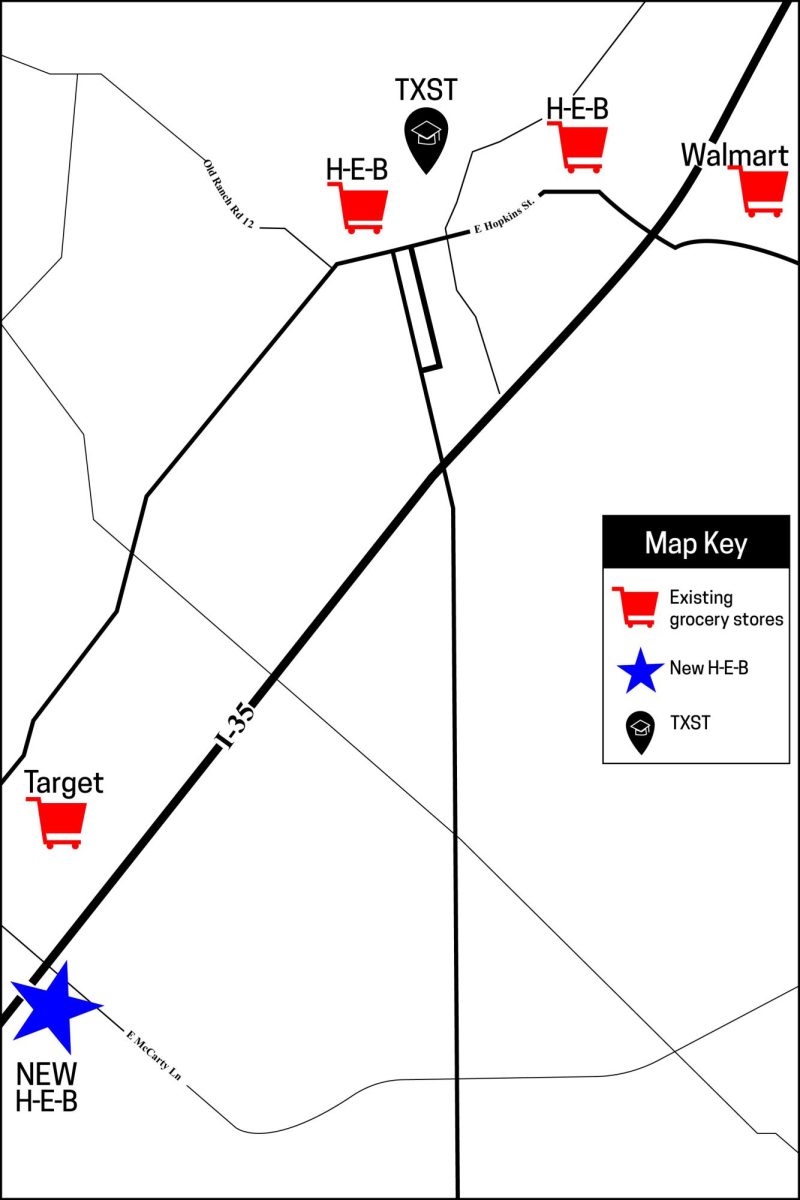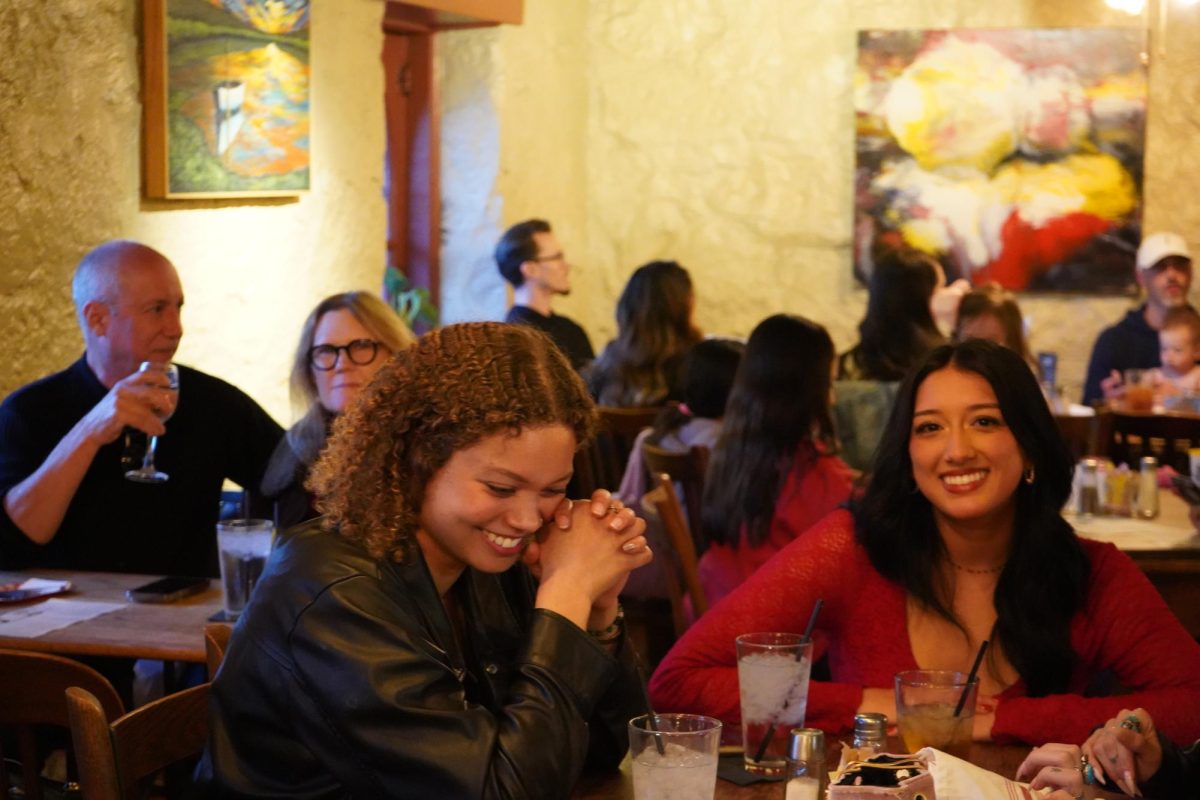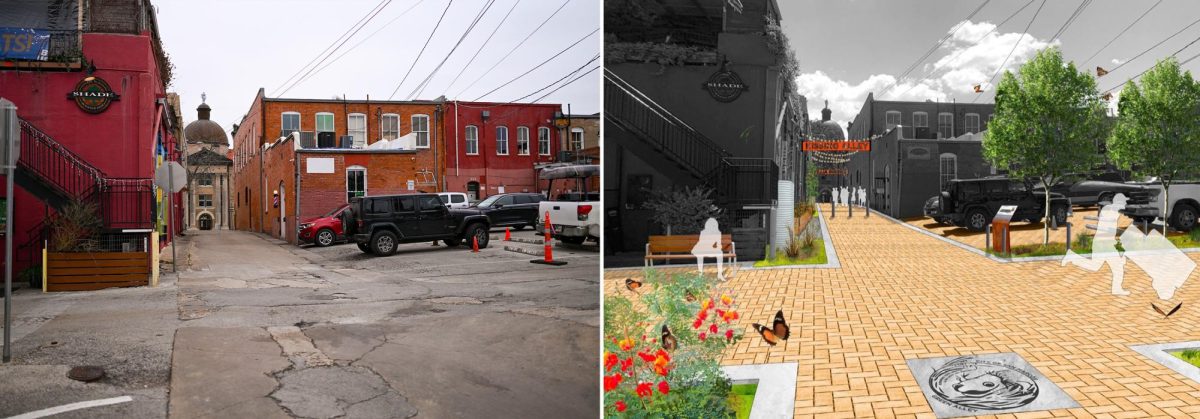When Texas State and the City of San Marcos teamed up with Spin, a dockless scooter-share system, in September 2020 to deploy 200 scooters to campus and throughout the city, they sought to provide an alternative mode of transportation for students and citizens.
Since the initial launch of Spin scooters, which cost $1 to unlock and charge 29 cents per minute of use, the San Marcos City Council has expressed its support to continue the program as a means to reduce the city’s carbon footprint by welcoming the scooters as a permanent part of local transportation. Despite the city’s push for permanent scooters, some students believe the presence of scooters in the area does more harm than good.
The decision to partner with Spin was made in light of the city’s decision to enforce reduced-capacity restrictions on public transit due to COVID-19, as well as to replace the bike share service program, VeoRide, which ended a month prior in August.
Council members have also unanimously indicated they were in favor of extending the current scooter pilot through the end of the summer and started a search for a single scooter vendor that could begin operation in the fall of 2021.
City Council member Maxfield Baker is excited the council has shifted its stance on scooter-sharing services since its decision to ban them in May 2020.
“Shortly after I was elected to council, I was honestly disappointed because we had brought forward an ordinance that banned these types of scooters from our community,” Baker says. “The concern that I heard from my colleagues at that time was that the scooters were dangerous and with drunk kids on them, people were going to end up injured, but the data that we got from our staff presentation is largely suggesting the opposite. I think the number of accidents was fewer than five, and none of them were serious.”
A presentation during City Council’s March 16 work session meeting indicated there were 5,010 Spin riders from Sept. 23, 2020, to Feb. 25, 2021. Additionally, 20,207 trips were completed along with 5,385 hours of use and 31,163 miles traveled.
Despite the scooters having a top speed of only 15 mph, Alexandria Rodriguez, a biology senior and EMT-B (emergency medical technician with basic certification), claims she has witnessed numerous scooter accidents.
“I have definitely seen a lot of facial and head injuries because of the many college students who ride them while intoxicated,” Rodriguez says. “There are lots of hills here and a lot of young people do not act appropriately with the speeds at which they ride them.”
Rodriguez believes while there is some community support for the scooters, having them around the city and university poses a potential threat.
“I’m glad that they provide fast and easy transportation, but college students can be reckless, and I have begun noticing an increasing amount of injuries because of them,” Rodriguez says. “I’ve noticed this especially with the weather getting nicer. Most of the injuries are minor, but some were serious.”
Although the scooters have a dangerous reputation, Baker believes they are a great first step for the city to embrace more environmentally friendly modes of transportation.
“I serve on the Sustainability Committee, so, what really puts a smile on my face when I see those out in the community is the idea that we are finally thinking about how we can move people without cars,” Baker says. “I really think that anything we can do to get people out of their vehicles will end up benefitting the city and our environment.”
Because there is a magnitude of about 6,000 people who drive into San Marcos every day, Baker believes encouraging the use of gas-free transportation methods, like scooters, could improve the beautification and safety of the city. He adds scooters could help lower overall emissions and assist the city with its growing traffic and parking issues.
“When we’re thinking about how to slow down our streets and reduce our vehicular accidents to zero, one of the ways we get there is just by having less cars and I think that this program is really working in tandem with these beliefs,” Baker says.
Annaliese Deleon, a biology junior, says while scooters address many environmental concerns, the true problem with the scooters comes from careless riders. She adds scooters could be a bigger benefit to the city if users were more mindful when they used them.
“I’ve noticed that [the scooters] are often left in inappropriate places that cause harm to the habitats around them,” Deleon says. “I’ve even seen people leave scooters in places that are designated for handicap accessibility which [prevents] people who are wheelchair-bound from being able to go where they need to go.”
Deleon has also witnessed a number of scooter accidents she feels could have been avoided with more guidance or safety precautions.
“Because there’s no training required, I think that they can easily cause harm to those who do not know how to use them or don’t consult a direct manual on how to use them correctly,” Deleon says. “I think that injuries on scooters happen too often when they could be easily prevented with appropriate training or helmets.”
Deleon says the novelty the scooters possess may be why users have behaved recklessly and hopes riders will begin to think twice before engaging in behavior that could be potentially harmful.
“I think people are excited about something new being in the city, but they need to understand and hear the issues that arise from being careless with them,” Deleon says.
For more information on the Spin pilot program, visit https://www.transportation.txstate.edu/alternative/scooters.html.
Categories:
Community concerns ride through San Marcos despite city support for electric scooters
Kiana Burks, News Reporter
May 5, 2021
0
Donate to The University Star
Your donation will support the student journalists of Texas State University. Your contribution will allow us to purchase equipment and cover our annual website hosting costs.
More to Discover



